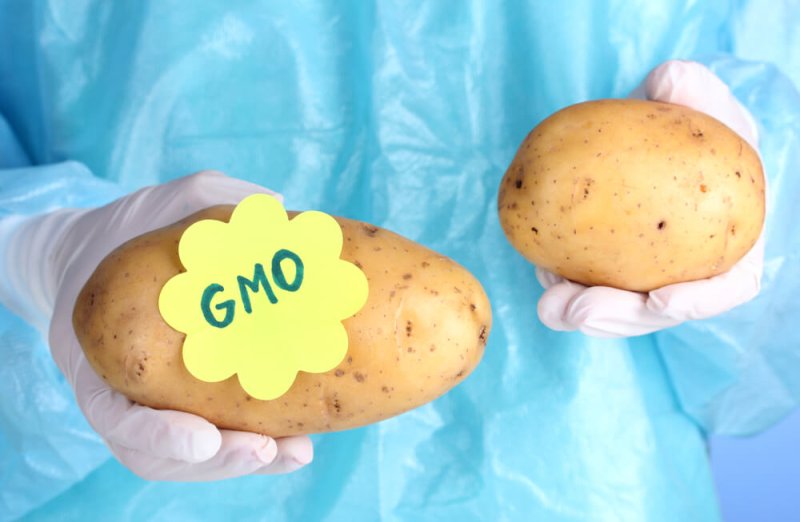Research in crop science in recent years has advanced at an unprecedented rate, and the intermingling of old and new crop breeding technologies has made the term “genetically modified” – and its variant, Genetically Modified Organism, or “GMO” – virtually obsolete. A kind of pseudo-category, it is primarily used pejoratively to refer to the use of the newest, most precise, most predictable, molecular genetic techniques.
Prodigious amounts of time, effort and care have been expended to ensure that crops developed for commercialization using molecular techniques are safe, and that new traits are beneficial.
Yet, despite these advances, some skepticism persists about them, partly due to the publication of fraudulent, poorly designed, and biased studies by a few “rogue scientists” whose intention is to contaminate the scientific literature and sow mistrust about molecular genetic modification among regulators and the public.
…
A particularly atrocious paper that embodies two kinds of scientific misconduct appeared in Critical Reviews in Food Science and Nutrition in 2009. The article,“The Health Risks of Genetically Modified Foods”by Dona and Arvanitoyannis of the Universities of Athens and Thessaly, respectively, cited non-peer-reviewed “evidence”and myths found on anti-technology websites, as well as some long-discredited papers
…. [A]t the same time, it systematically omitted numerous key references that, contrary to the authors’ conclusions, establish the safety of genetically engineered crops. Even if the authors were simply unaware of the references that contradict their views (which is highly unlikely), this kind of bias is considered unethical in science. Worse than such ignorance, the review article was extensively plagiarized, with large blocks of text lifted from other papers with-out quotation marks or attribution.
…
As the effective arbiters of what represents scientific“truth,” the editors of scientific journals have a responsibility to be rigorous and diligent about detecting and punishing the misconduct of authors and the incompetence of their peer-reviewers. Journalists also have an important role–the responsibility to cite only legitimate research findings from respectable sources.
The undeserved attention given to a handful of poorly designed research studies or deliberately misleading analyses of genetically engineered crops and other scientific subjects is a menace that must be addressed, if the scientific community is to receive public support of their efforts to address some of the planet’s greatest challenges.We allow the distortion and pollution of the scientific literature at our peril.
Henry I. Miller, a physician and molecular biologist, is a senior fellow at the Pacific Research Institute. He was the founding director of the FDA’s Office of Biotechnology. Follow him on Twitter at @henryimiller
Kathleen Hefferon is a microbiologist with interests in food and energy security, synthetic biology, science communication, and GMOs. Follow her on Twitter @KHefferon
Read the original post (Behind paywall)































